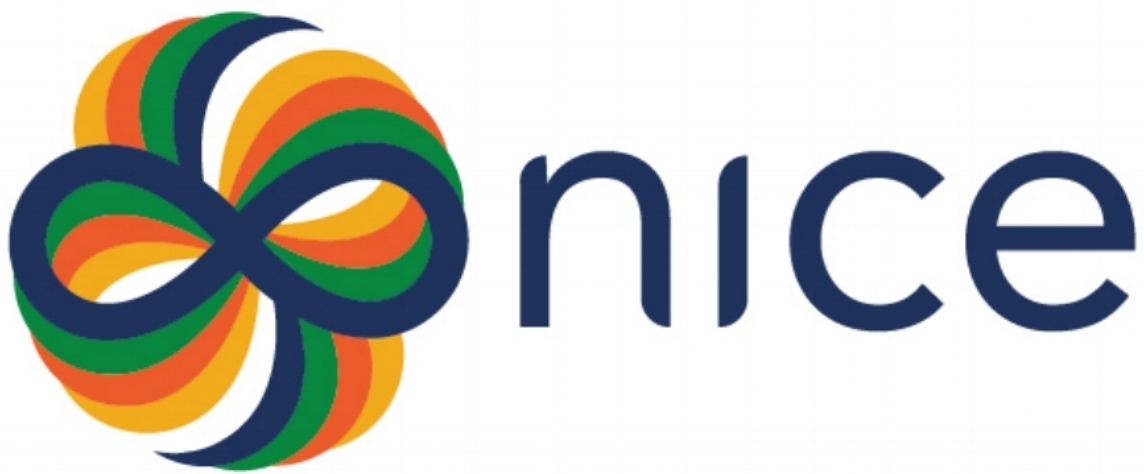Learn how we created the NICE programme
Are you interested in creating an innovative virtual exchange programme to develop the soft skills of your students? Whether you are an academic, member of university staff, policy-maker or even a student, we want to equip you with the tools and knowledge to replicate our virtual exchange programme to help prepare your students for the global workplace.
Explore the resources below to discover how we developed the NICE programme and learn how you can implement a similar format in your own ecosystems.
resources available
NICE virtual exchange handbook: “The NICE Programme: Your Roadmap to Starting Virtual Exchange”
Intercultural competence and entrepreneurship toolkit
NICE training programme
NICE student-led, individually-created course (SLICC) roadmap
NICE Virtual Exchange Handbook
Drawing on the knowledge and insights gained from developing and implementing two cycles of the NCIE programme, we have created a handbook providing a step-by-step guide for establishing your own virtual exchange programme. The handbook offers access to all resources created throughout the programme, complimented by an overview of how we created a physical summer school in 2019 and a virtual summer school in 2020.
Intercultural competence and entrepreneurship toolkit
The intercultural competence and entrepreneurship toolkit can be found at: https://course.nice-eu.org. This toolkit was used by students who participated in the NICE programme during the 2019 and 2020 cycles.
The toolkit is comprised of seven online modules that have text, video, multiple choice questions and other interactive activities. Learners work through the modules one section at a time, and as they progress the content becomes more complex. The introductory module starts with the foundations of intercultural competence and entrepreneurship, assuming that learners do not have a grounding in either subject. By the time the learner completes module seven, they will have a thorough understanding of both concepts, along with a fully developed business model canvas. Learners are placed into groups of five (all from separate institutions), and every other week they have a virtual discussion with their teammates (facilitated by a member of staff) about the content of the module.
You can access a static version of the toolkit as an Open Education Resource below.
Collaborative Online group discussion space
While working through the toolkits, students who are completing the NICE programme have a space within the online platform to discuss their activities throughout the week with their group. They are expected to upload videos feeding back the experiences they have going out and learning about their own intercultural bias and the challenges they face as they start down the road of entrepreneurship. This online space (combined with the regular virtual meetings) is helpful for the students to understand and process the new concepts they are learning.
NICE Slicc (STUDENT-LED, Individually-created Course)
Students who participated in the 2019 and 2020 NICE programme cycles were given the opportunity to receive ECTS credits for their work. Throughout the SLICC, students developed their reflective learning skills as they constructed an e-portfolio within a virtual learning environment (PebblePad). Their reflective work was reviewed by an academic member of staff from one of the NICE partner institutions.
If you are interested in implementing your own version of the NICE SLICC, you can find details of the framework in the Roadmap below.

![GettyImages-610540060 [Rawpixel].jpg](https://images.squarespace-cdn.com/content/v1/5aa6f161af209685ea34d164/1565358048846-IQBHL22C4HHAMUESXN71/GettyImages-610540060+%5BRawpixel%5D.jpg)

